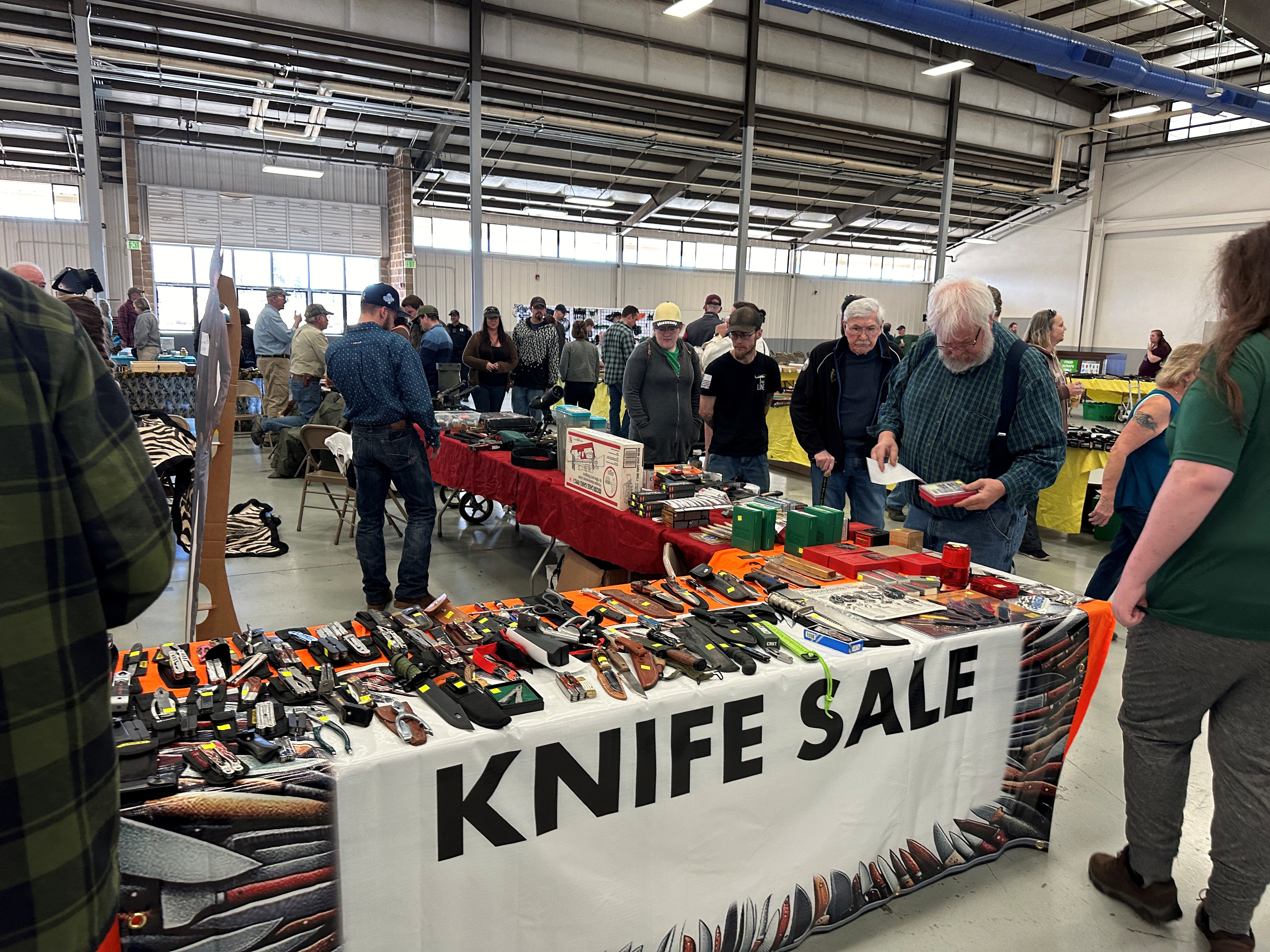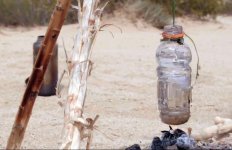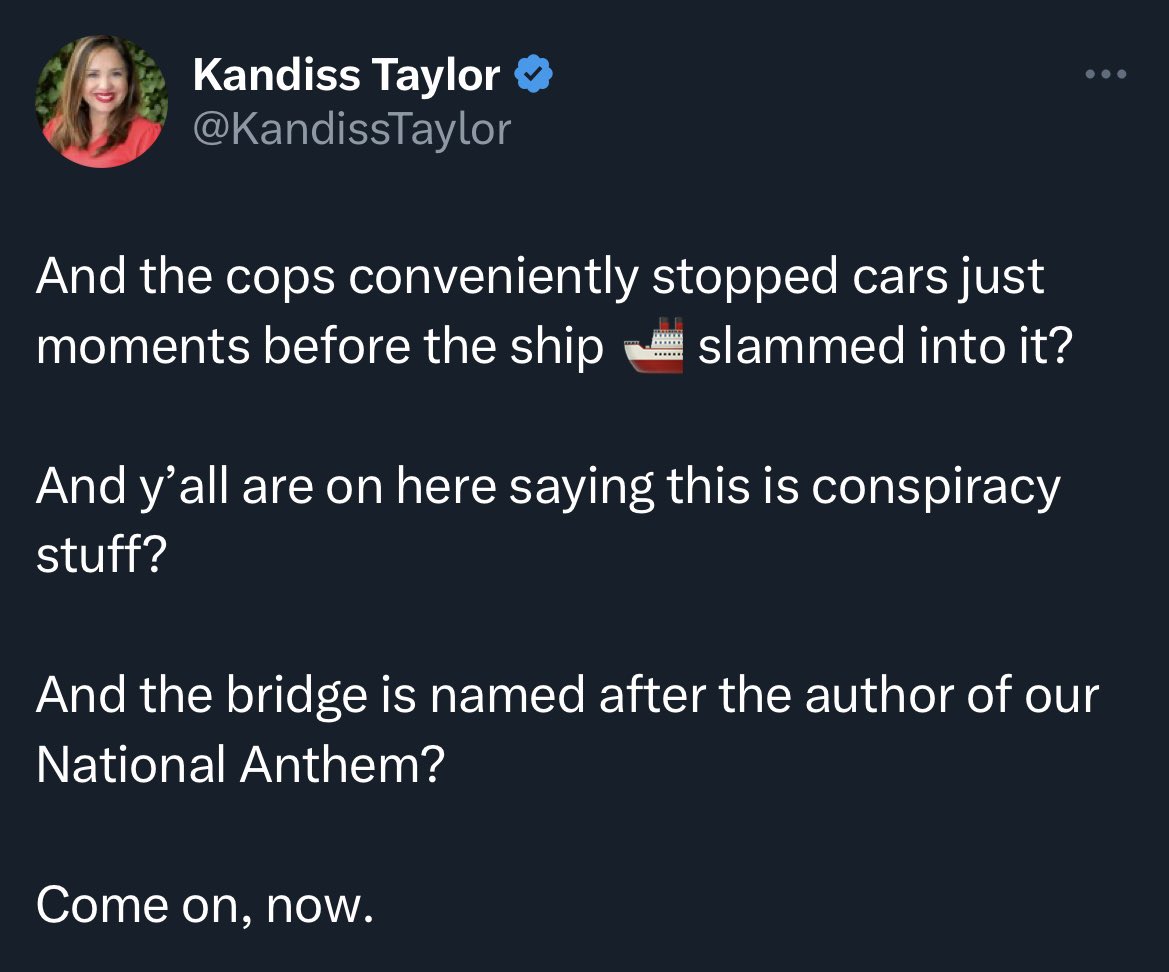US 'prepper' culture diversifies amid fear of disaster and political unrest

Knives are displayed for sale at the "Survival & Prepper Show" in Longmont, Colorado, U.S. March 2, 2024. REUTERS/Brad Brooks
More Americans, including minorities and people considered left of center, are getting ready to survive political upheaval and natural catastrophes, a pursuit largely associated with far-right movements such as white nationalists.
https://www.reuters.com/
I'm not dismissing the potential utility of cutlery in the catastrophic event of (for example) a Biden reelection, BUT !!
In my considerable personal experience:
- folding cutlery has limited utility
- folding knives may be more useful, safer if equipped with a secure blade lock
- "survivalist" & "hunting" knives tend to be more hype or style than utility. The serrated spine of some military knives is designed for military combat pilots to cut themselves free from the wreckage of their aircraft. The best cutlery I've found is that designed for kitchens.
- while a leather sheath may look quite fashionable, cardboard sheath should not be dismissed. There's no sensible way to clean a leather knife sheath if its knife has just been used to field dress a big game carcass, and the knife then returned to sheath. A cardboard sheath wrapped in adhesive tape can protect hunter, cutting edge, and be disposed of (replaced with new) upon return to civilization. I find non-corrugated cardboard folded to match the bends in a paperclip, cutting edge facing the double thickness works well.
Even expensive kitchen knives often arrive at retailers not ready for immediate use. Even those honed sharp may have jagged spines remnant from the manufacturing process.
Removing the burrs from the spine of a new knife may save you a bandaid.
Potable water may be the most immediate need in an emergency. Not a bad idea to have some chlorine bleach available for water decontamination. BUT !
Bleach may kill bio-pathogens, giardia for example, but does not mitigate some other toxins such as petroleum, neuro-toxic heavy metals, etc.
Peanut butter can be a useful emergency food, long shelf-life, refrigeration not required, etc.
Toss an empty plastic bottle in the fire, it's likely to burn, pollute.
But fill it with water to be decontaminated by boiling, and a familiar plastic beverage bottle can withstand the heat of open flame, and contain water at rolling boil.

The plastic can even touch the flame, or red embers without problem.
Note:
Storing months of food for even predictable emergencies like being snowed in in Winter may mean one of two things:
- the stored food will be kept on hand until it expires, & then discarded, or
- consumed as part of the routine diet.
The latter seems less wasteful.
There is long term storage food with quarter century shelf-life rating, but seldom also found high on nutritionist's lists.
The useful compromise is canned food you'll actually eat, emergency or not. Rotate your inventory.
Be careful storing gasoline, avoid it entirely if possible.
Propane / LP is a viable substitute. Many new emergency generators boast "dual fuel" either gasoline or propane.
Propane is safer to store in larger volumes. Propane doesn't match gasoline for energy density, but the safety benefit worth considering.








